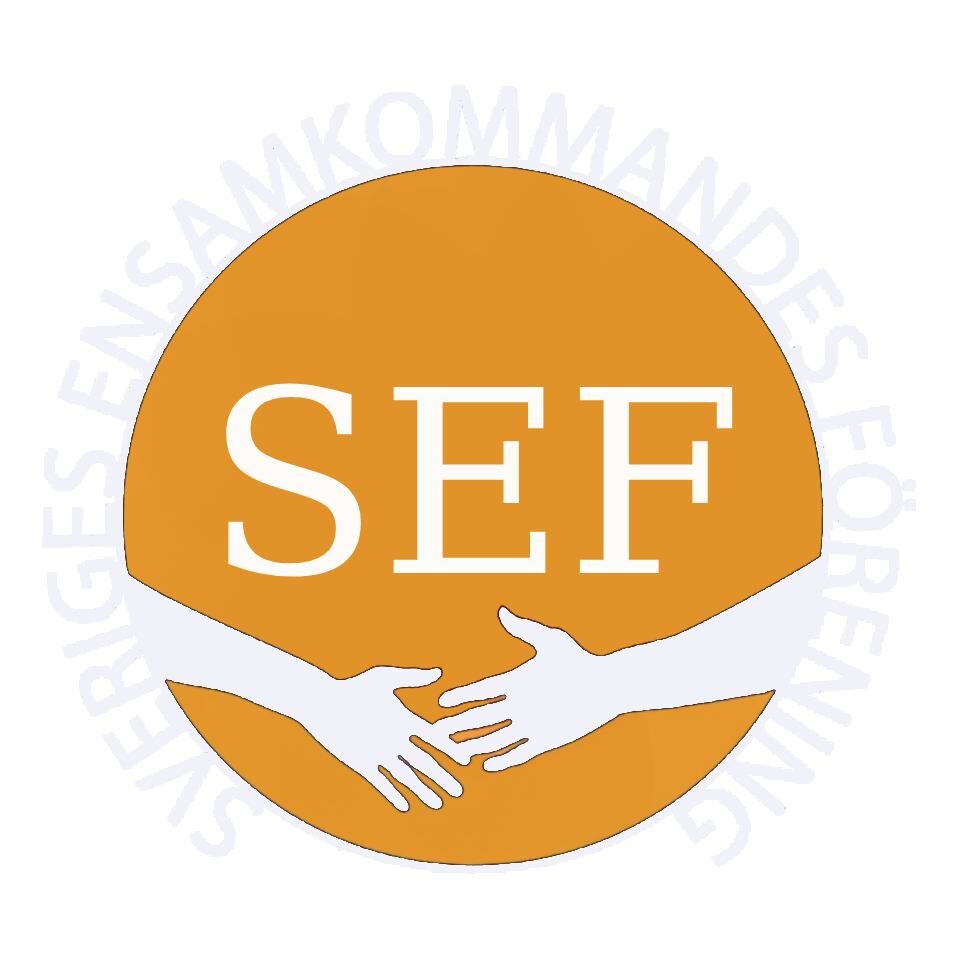
Gemenskap ger kamratstöd
1 februari 2017 - 31 januari 2020.
Gemenskap ger kamratstöd är ett treårigt projekt som pågår
mellan 1 februari 2017 – 31 januari 2020. Projektet är ett unikt samarbete mellan RSMH – Riksförbundet
för Social och Mental Hälsa och SEF – Sveriges Ensamkommandes Förening och finansieras via Allmänna arvsfonden.
Målet med projektet är att överföra kunskap mellan RSMH och SEF. Vi kommer att utgå från kamratstödsmodellen genom att utveckla och anpassa modellen till ensamkommandes behov och förutsättningar. Vi kommer att sprida information om psykisk hälsa samt arbeta för att underlätta integration.
Syfte
• Minska utanförskap
• Underlätta integration
• Öka självförtroendet och den egna makten, hjälp till självhjälp
• Att resultatet får leva vidare hos RSMH och SEF
• Fortsätta samarbetet efter projektets slut
Kamratstöd RSMH:s
kamratstödsarbete bygger på att en medlem hjälper
en annan utan att någon står över den andre. Kamratstöd sker
i en mängd olika verksamheter och genom kontakt mellan medlemmarna. Aktiviteterna kan vara olika studieformer, hantverk, hjälp med ny teknik, friskvård och möjligheter till egen återhämtning.
Genom erfarenheter av psykisk ohälsa och respekt för varandra skapas förtroende och reflektion där vi kan lära av varandra. Målet är återhämtning och makt över sin vardag och att vara
delaktig i samhället.


Metod
Att skapa möten mellan organisationens medlemmar för att utveckla en kamratsstödsmetod. Detta innebär att dela erfarenheter kring psykisk hälsa och underlätta för nyanlända att anpassa sig i Sverige.
Nationellt projekt
Utvecklingsarbetet kommer pågå i Stockholm och Skåne.
Resultatet ska spridas nationellt under år tre till RSMH:s och
SEF:s lokala föreningar.
Samarbetspartners för RSMH & SEF Exempel på samarbetspartners
• ABF
• Migrationsverket
• Ambassader
• Kommuner och landsting
Arbetssätt
Under det första året kommer arbetssätten att utvecklas i:
• Studiecirklar
• Föreläsningar
• Öppna möten med aktiviteter som exempelvis studiebesök
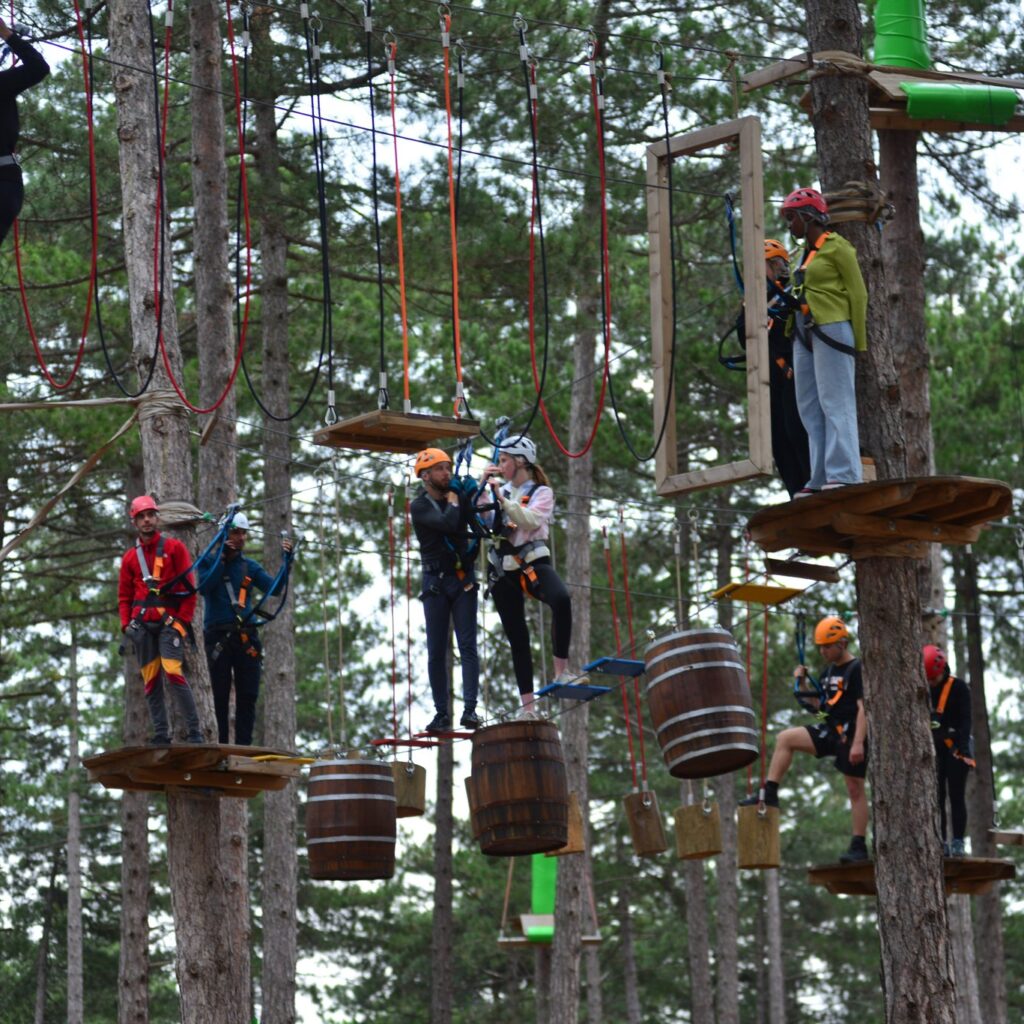
Pedal4Life
10-20 October 2022
The bicycle can be described as a two-wheeled non-motorized vehicle shaped by the combination of
numerous pieces of equipment. Today, it comes to the fore with advantages such as economic savings,
environmental-air cleaning, physical and mental wellbeing, energy conservation, building a social
atmosphere, and sending a civic message, in addition to the ease of transportation. While bicycles are
often used for short-distance transportation in the modern world, they are often used for mountain,
long-distance, and creative purposes.
Project Aim: The project’s ultimate goal is to improve cycling and lead to the reduction of health
issues, crashes, natural resource conservation, and economic growth of young people by healthy
driving.
Other goals include: ensuring that at least 12 young participants who do not know how to ride a
bicycle learn to ride a bicycle; promoting safe driving by the proper selection of bicycles and safety
equipment, as well as teaching traffic knowledge; developing capacities in basic emergency-focused
bicycle maintenance, repair, and mechanics; and raising awareness about the physical and mental
health of participant


Partner countries
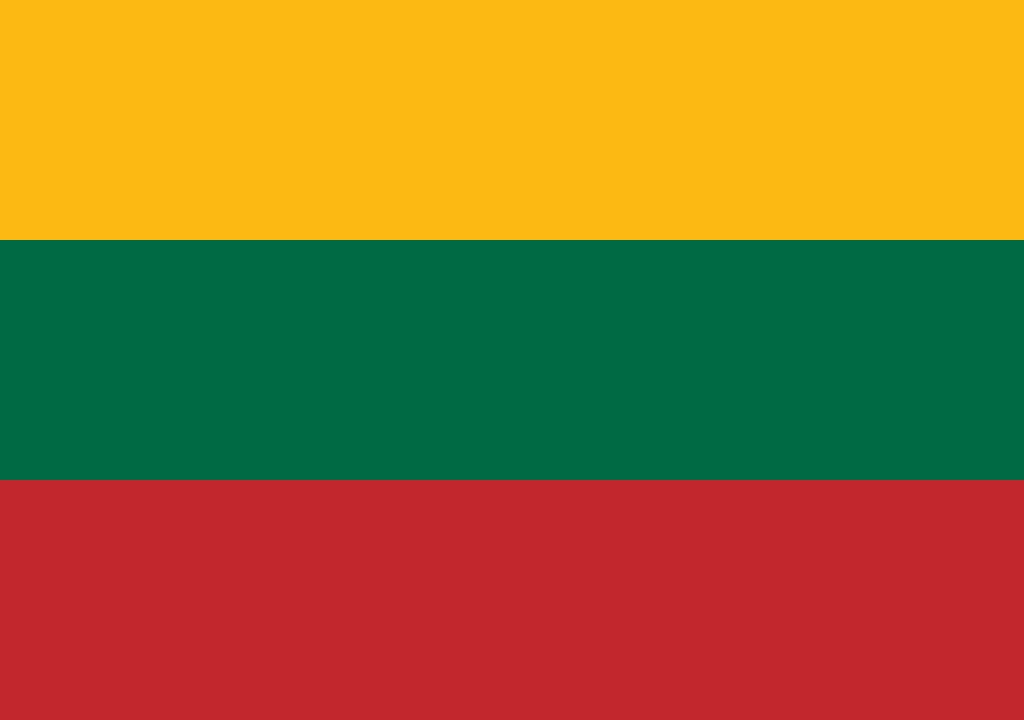





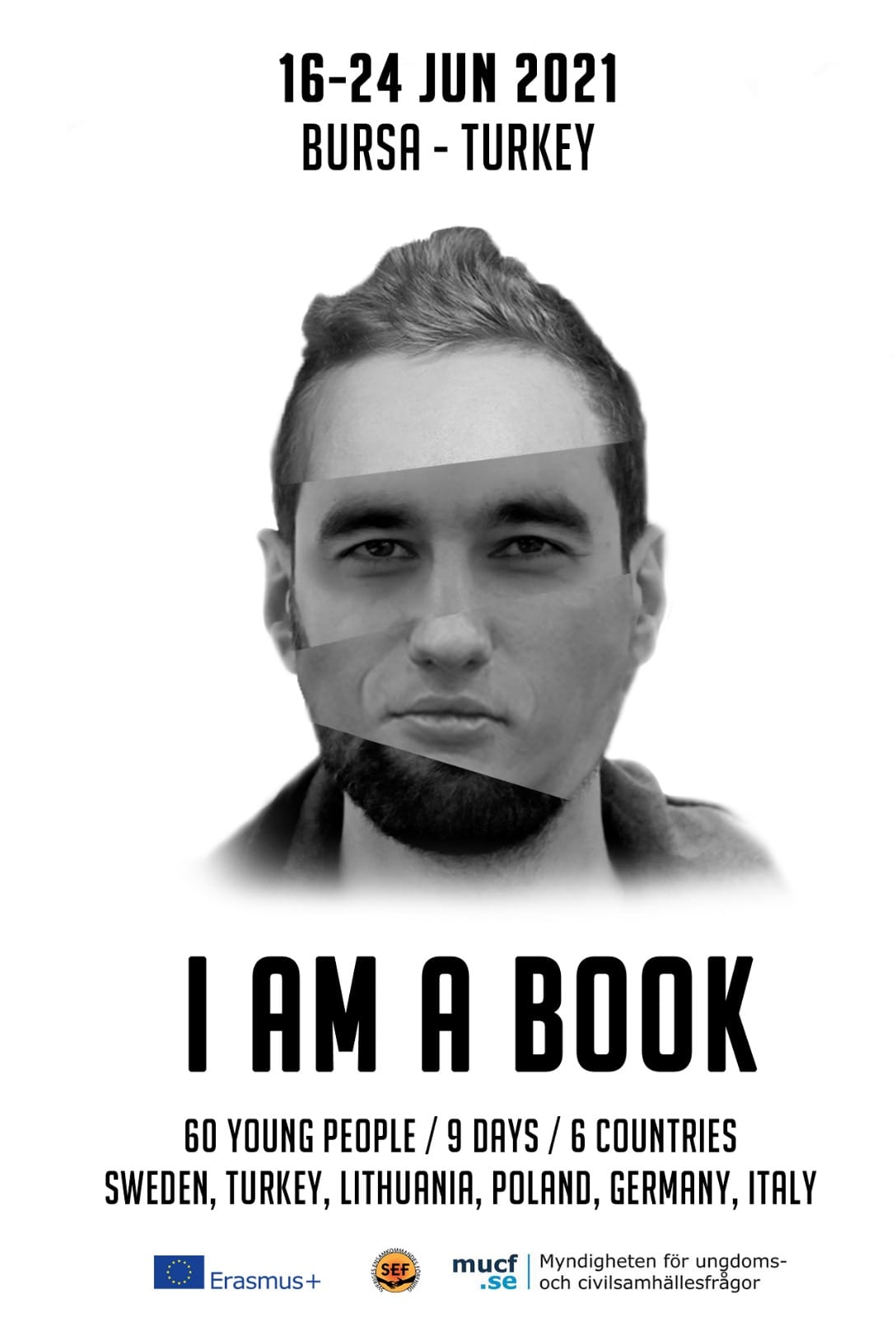
I am a book
16-24 JUNE BURSA
Youth exchange “I am a Book” responds on the need to address social exclusion, discrimination and hate speech in participating countries. Through the youth exchange the participants will not just develop gain new knowledge on social exclusion, discrimination but moreover they will strengthen their skills to realize ‘human library’ event in their communities and directly contribute to process of creating socially inclusive society.
Objectives of youth exchange:
- a) To develop participant’s competencies in the area of human rights education and the methodology of human libraries;
- b) to raise participant’s knowledge on the process of realization of human library as a way of addressing stereotypes, prejudices and fighting discrimination;
- c) to empower the participants to contribute to creating socially inclusive society through the process of organizing ‘human library’ during the youth exchange;
- e) to develop participants competences such as teamwork, leadership, communication, presentation and to contribute to their personal and professional development;
- f) to raise intercultural competencies of the participants by giving them an opportunity to interact and work with young people coming from different European countries and also local community from the hosting country;
- g) to raise knowledge of the participants about Erasmus + Programme and its Key Action 1 and to encourage the participants to take active part in the Programme.
- h) to support creating network and partnerships between participating organizations, exchange of good practices among participating countries related to human rights education, social inclusion.


Partner countries

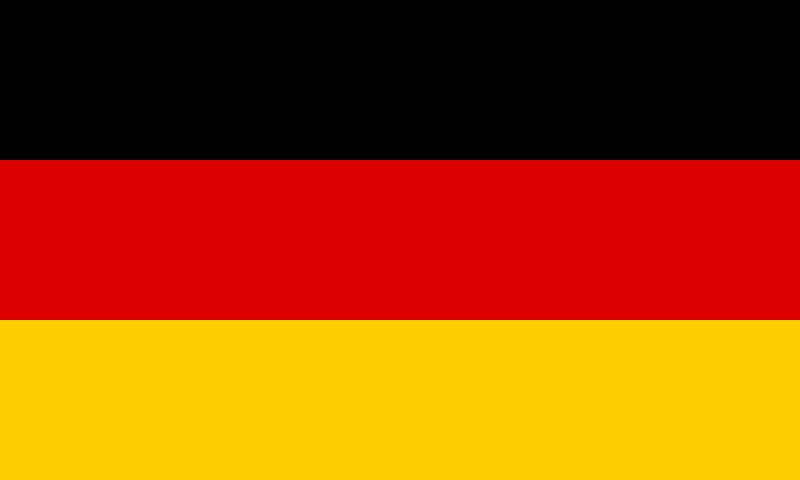



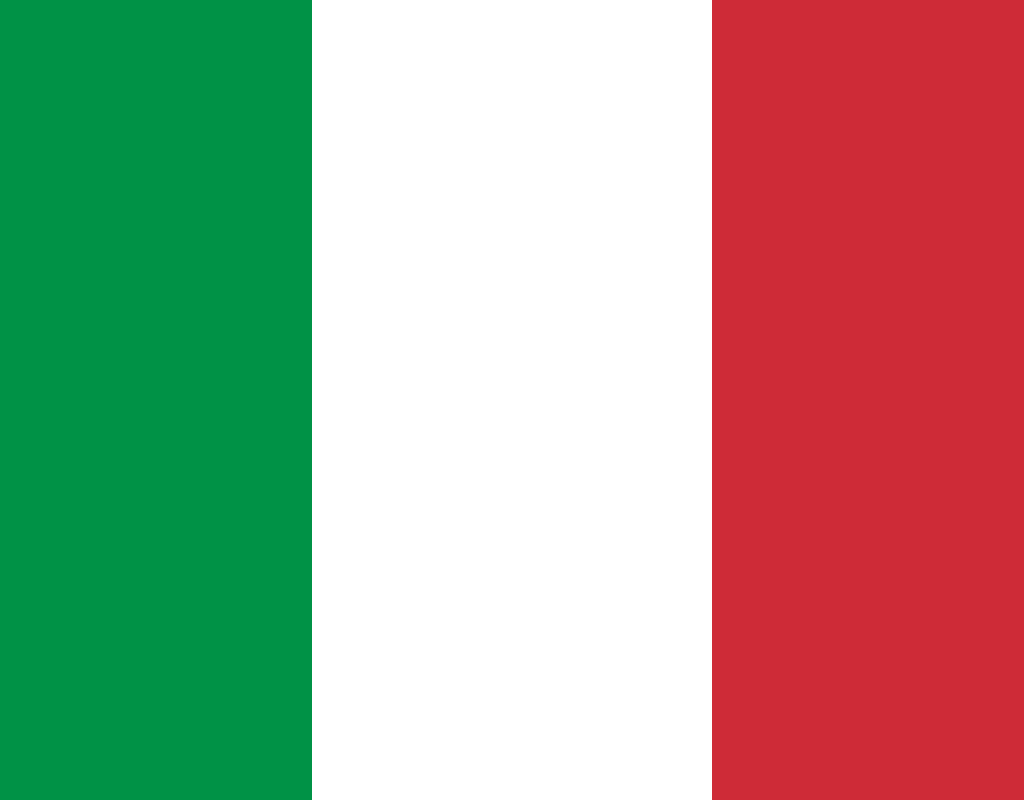
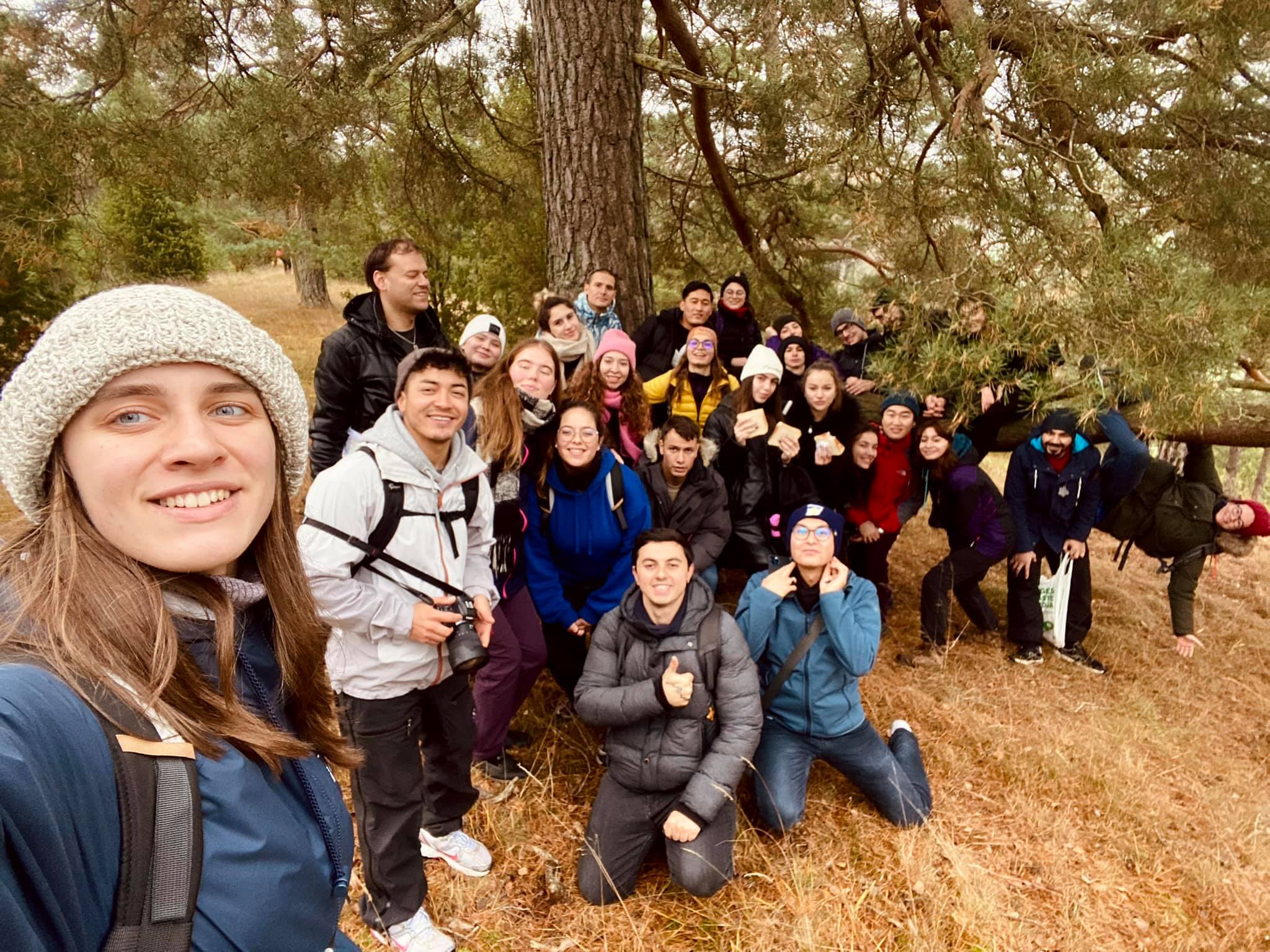
Environment Sweden
25 October-6 November 2021
Through the spirit of active European citizenship, Environment project aims to
underline the importance of environmental awareness practices in rural areas by the
young participants through:
1. Creative space (eg.eco-clips) conducted using methods of non-formal
education 2. Concrete Actions (eg. Eco-topic workshops, Greening,
Planting trees)
On the long term, the results of our project will help reduce the negative impact
caused by man on the natural environment. Moreover, we want a better
communication and to create a durable link between the young participants of the
project and local residents.
The objectives of Environment are:
-The involvement of 60 young people in ecology-related topics that affect our
society and their communities;
-Promoting the concept of “active citizenship”, reminding young people values such
as solidarity and dialogue, values that they will show both in activities within the
group, but also
when they will interact with the members of the local community. 60 participants
will learn that a good citizen is concerned about the problems faced by the
community, in this case about ecology;
The impact on the 10 partners varies depending on the specifics of each one and
the community in which they operate. In discussing with the partners, we identified
a series of general benchmarks for estimating the impact at the organization level:
-Increasing visibility in communities by promoting ecology, as a result of being
involved in solving a problem existing at local level;
-Creating and maintaining links with other project partners for the development
of new partnerships, with potential in writing new Erasmus+ applications or for
other funding sources;
-Increased experience for the human resources involved: the coordinators of each
partner in the international management team, the group leaders (who are either
already from the organization and develop their skills, or can join the organization
after this experience);
-Attracting new volunteers, due to the curiosity and enthusiasm aroused by the young
people who were prepared and supported for this project; the participants in exchange
will be more prepared for activities with the organization in the community and can
become its volunteers;
-Developing partnerships with local and regional authorities from communities, in
order to collaborate for the follow-up phase of this project, but also for ideas of future,
international and local projects;
Based on these general guidelines we have exemplified in the next section,
using the information transmitted by each organization involved.


Partner countries









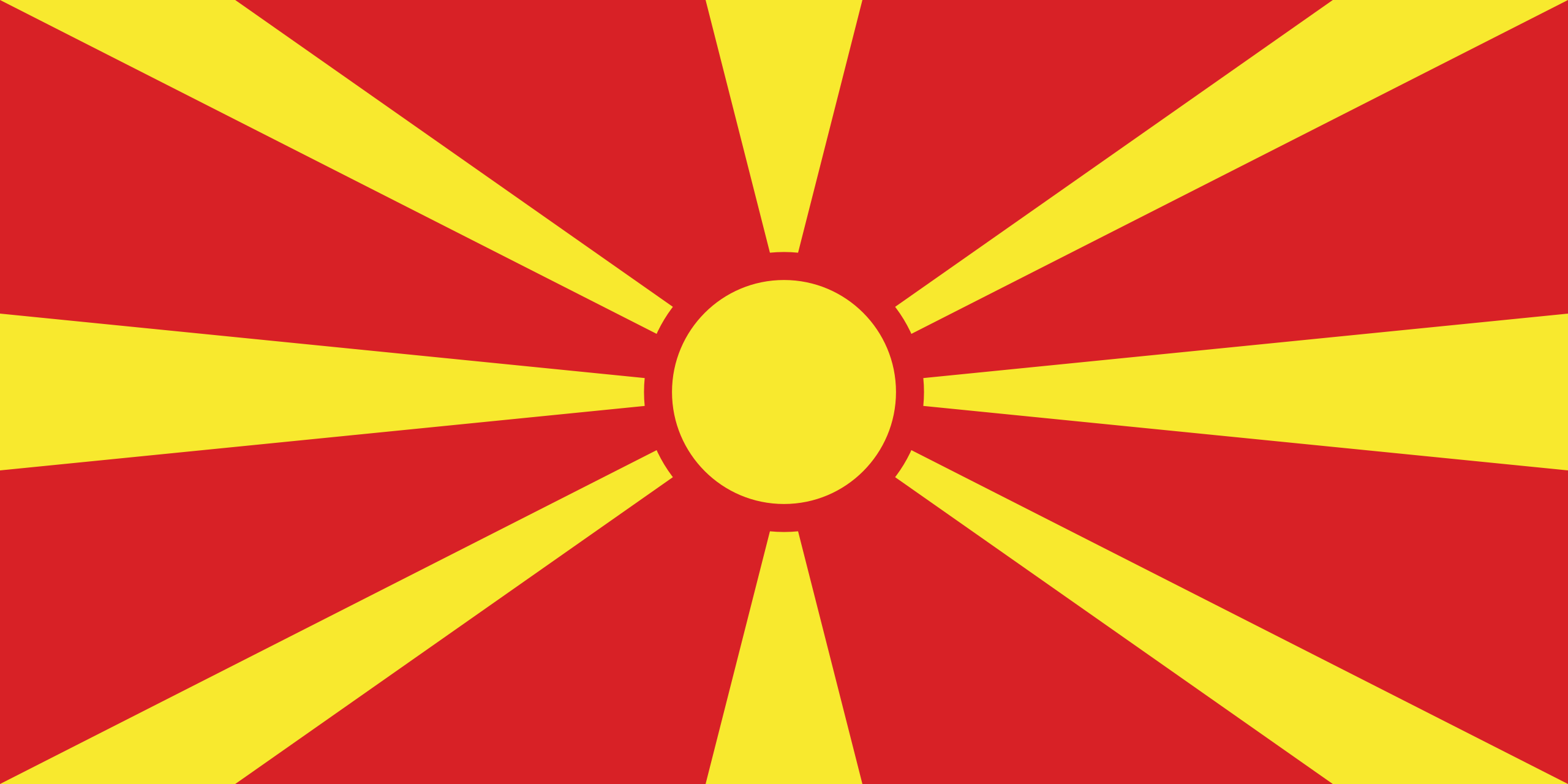
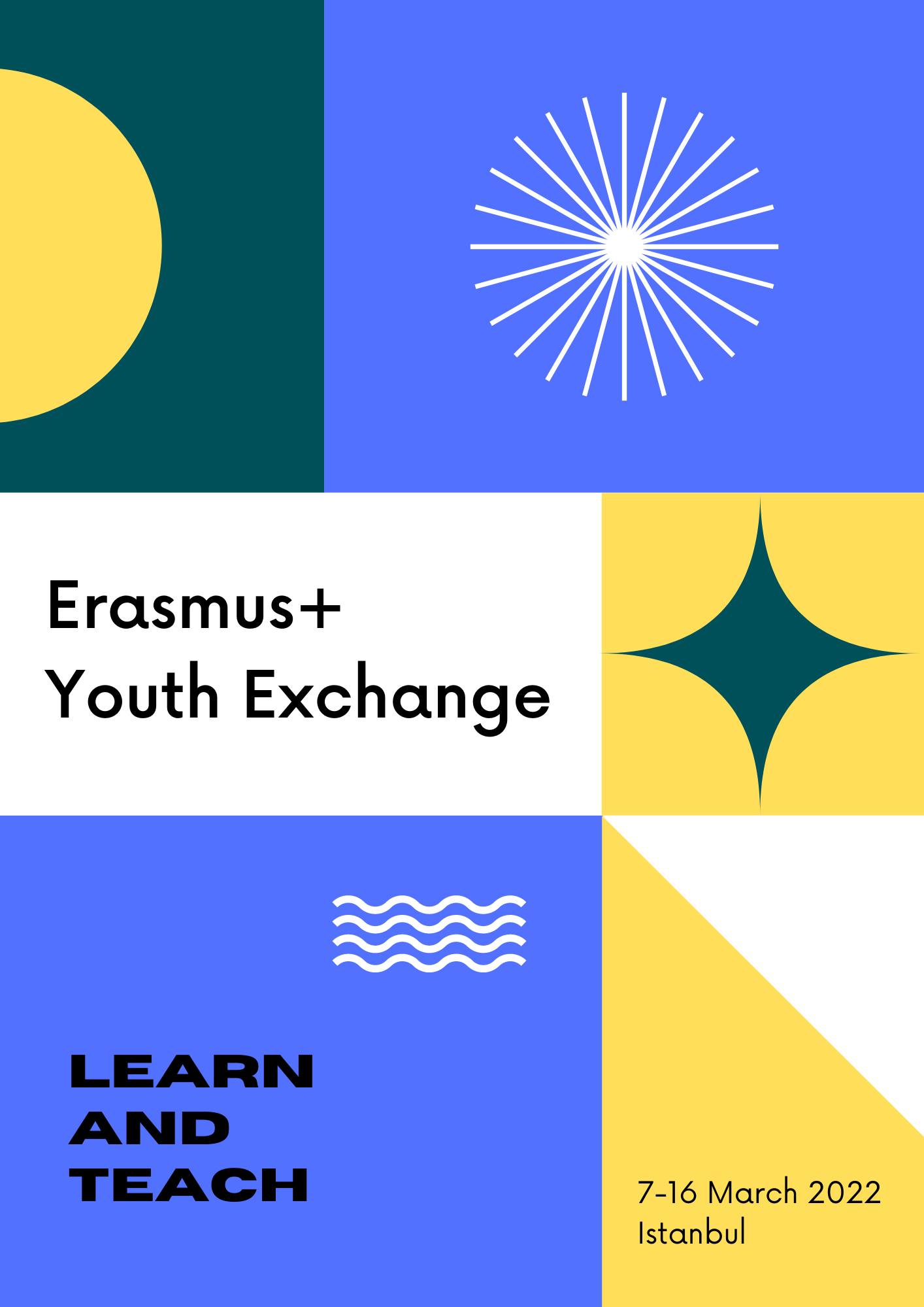
Learn and Teach
7-16 March 2022, istanbul, Turkey
Summary, Ecology enriches our world and is crucial for human wellbeing and prosperity. It provides new
knowledge of the interdependence between people and nature that is vital for food production,
maintaining clean air and water, and sustaining biodiversity in a changing climate.
Mangroves play a number of ecological roles from fixing sediments to acting as nursery site for
young fish. Mangrove forests are also a source of food, medicine and firewood for local
populations. Mangrove forest is thus a multipurpose ecosystem, and ecologists’ understanding of
this unique ecosystem has shown they are very sensitive to change and require sustainable
management to preserve their biodiversity.
Reduce, reuse, and recycle. Cut down on what you throw away. Follow the three “R’s” to conserve
natural resources and landfill space.
Volunteer. Volunteer for cleanups in your community. You can get involved in protecting your
watershed, too.
Educate. When you further your own education, you can help others understand the importance
and value of our natural resources.
Conserve water. The less water you use, the less runoff and wastewater that eventually end up in
the ocean.
Use long-lasting light bulbs. Energy efficient light bulbs reduce greenhouse gas emissions. Also
flip the light switch off when you leave the room!
Plant a tree. Trees provide food and oxygen. They help save energy, clean the air, and help combat
climate change.


Partner countries







Healthy Life Katrineholm
16-28 September 2022 Sweden
Summary, Through the spirit of active European citizenship, Environment project aims to underline the
importance of environmental awareness practices in rural areas by the young participants
through:
1. Creative space (eg.eco-clips) conducted using methods of non-formal education
2. Concrete Actions (eg. Eco-topic workshops, Greening, Planting trees)
On the long term, the results of our project will help reduce the negative impact caused by
man on the natural environment. Moreover, we want a better communication and to create a
durable link between the young participants of the project and local residents.
Working Methods
The methods underlying the activities of the “Healthy Life” exchange come from the field of non-
formal education and have various roles in obtaining the desired results from the implementation.
They were chosen by young people and transposed into practical activities with the help of the project
team. We grouped the methods according to their role:
INTEGRATIVE: To improve the dynamics between participants and stimulate group cohesion: name
and knowledge games; team-building activities (Mission Impossible, Make your choice! Broomsticks,
Hot Potatoes); work in mixed and national groups (presentations, research, production of promotional
clips); Outdoor physical activities and mental health workshops;
CREATIVE: To develop the artistic sense and inventiveness, giving participants freedom of
expression: interactive presentations; theater sessions as manifestation of creativity; creating
motivational clips; artistic presentations and manifestations from cultural evenings;
INTERCULTURAL LEARNING: To overcome prejudices and stereotypes about other cultures: The
Albatross; the content of cultural evenings; the visit to Höganäs and free time spent discovering local
cultural elements;
EXPERIENTIAL LEARNING (learning by doing): To put participants outside their comfort zone
through new situations for them and through which they will learn more about themselves (also about
elements related to the organization and technique used in these types of activities): the outdoor
physical and mental health related workshops (various styles and intensities); individual and team
sports activities; interviews conducted in the visit to Höganäs;
REFLECTION: To encourage young people to express their thoughts and provide constructive
feedback: daily reflection; intermediate and final evaluation; the beginning and end sessions dedicated
to Youthpass (because it helps the young people to discover more easily the skills obtained and to
systematize the information).


Partner countries






